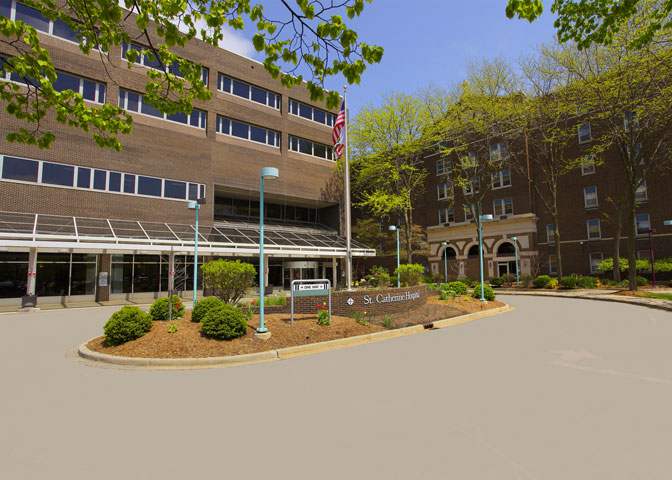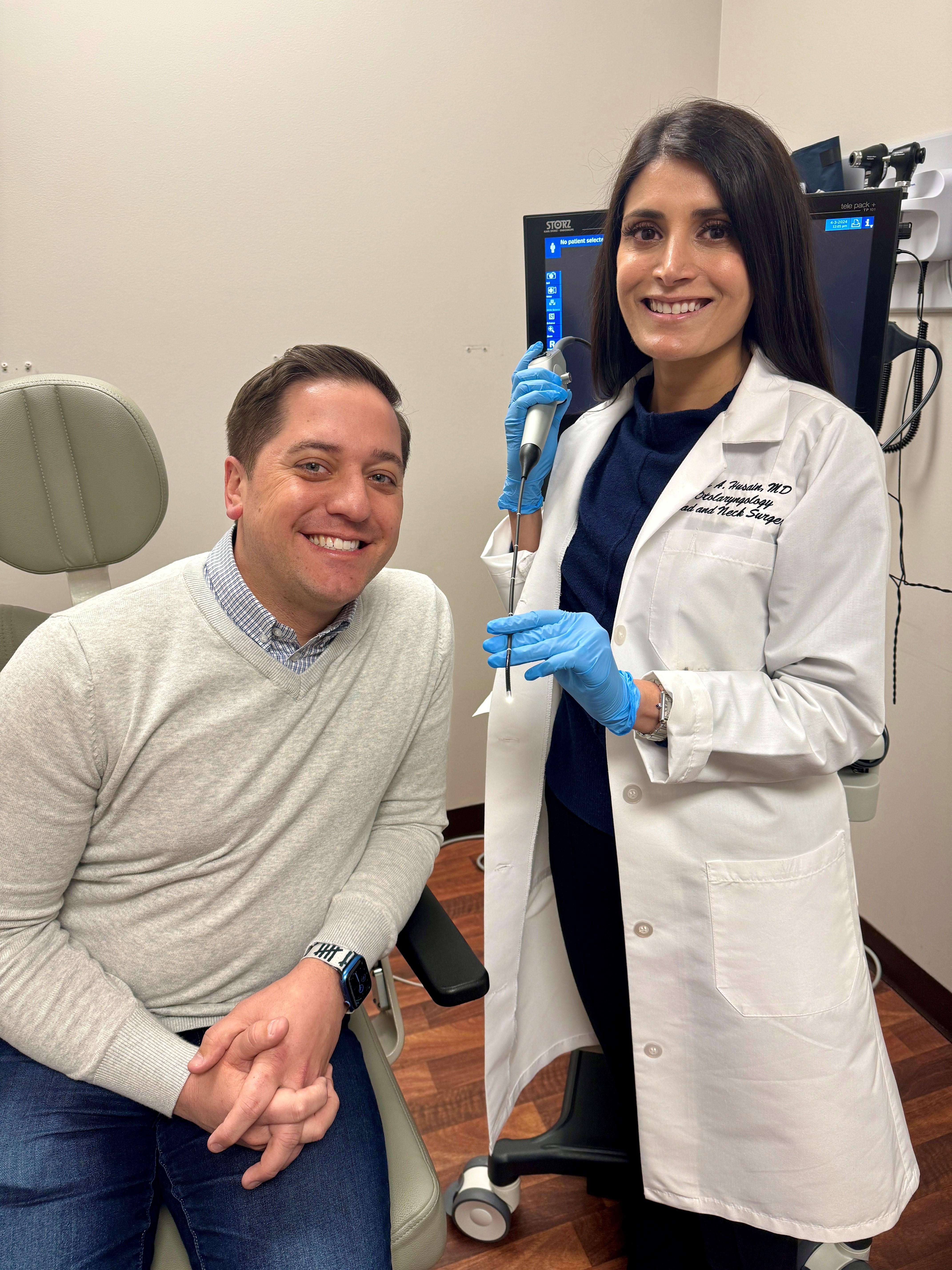
THURSDAY, Dec. 7, 2023 (HealthDay News) -- Women in the their 50s and 60s who've gone through menopause may be able to safely skip radiation treatment if they're diagnosed with a common form of breast cancer, new research shows.
The study focused on early stage HR+ breast cancers, which comprise the large majority of new cases. In HR+ breast cancer, tumor cells carry receptors for the hormones estrogen or progesterone.
Typically, postmenopausal women diagnosed with this type of tumor will undergo a lumpectomy, followed by a combination of radiotherapy plus hormonal treatments.
Recent studies have suggested that patients aged 65 and older might do just as well if they skipped radiation treatments, however.
And in this new study, researchers at Emory University in Atlanta found the same might hold true for even younger postmenopausal women.
“These findings indicate that younger postmenopausal patients with stage 1 breast cancer who skip radiotherapy after breast-conserving surgery have a very low risk of disease recurrence within five years,” said Dr. Reshma Jagsi, chair of radiation oncology at Emory's School of Medicine and a researcher at the university's Winship Cancer Institute.
Her team presented the findings Thursday at the annual San Antonio Breast Cancer Symposium (SABCS). The study was also published in the Journal of Clinical Oncology.
The Emory trial involved women between 50 and 69 years of age, all of whom had been diagnosed with early stage HR+/HER2- cancers.
HER2- is another hormonal marker for breast tumors; according to the National Cancer Institute, over 87% of new breast cancer cases are HR+/HER2-.
The research team first gave sensitive genetic tests to each patient, to gauge their tumor's likelihood of recurrence after lumpectomy.
If a woman's tests suggested that she faced a low risk of recurrence, she was then given the option to skip radiation therapy but to continue taking five years of hormonal treatments.
The result: Of the 186 patients who could be fully evaluated, 100% were still alive five years after their lumpectomy, and 99% were found to be free of breast cancer at that time.
Based on those results, “younger postmenopausal patients with stage 1 breast cancer who skip radiotherapy after breast-conserving surgery have a very low risk of disease recurrence within five years,” Jagsi concluded in a SABCS news release.
The jury is still out when it comes to longer term prognosis, however.
“Five years is an early time point for this population, and longer-term follow-up of this study and others will be essential to determine whether this option can be safely offered to women in this age group," Jagsi stressed.
But she believes the findings can offer women valuable insights when making decisions.
“Studies like this one are important for identifying ways to improve the patient experience, both by identifying multiple treatment options to help patients regain a sense of control that a cancer diagnosis can seem to take away, and by ensuring that all patients are informed and empowered to make the decisions that are right for them,” Jagsi said.
More information
There's more on the various types of breast cancers at the U.S. National Cancer Institute.
SOURCE: San Antonio Breast Cancer Symposium, news release, Dec. 7, 2023
Copyright © 2023 HealthDay. All rights reserved.

